Design Projects
Designerly
How might we empower kids to help themselves through a fun and design embedded game? How might we embed the needs experienced by kids at the extremes like refugee camps and rural areas?
Designerly is a competitive card game suitable for children ages 10 and above. Designerly empowers children with knowledge on how they could approach global needs through the concepts of design innovation, user empathy, science, and sustainable development. Besides, the children get to learn about various professions and how they could contribute to addressing global needs. Three different themes are incorporated into this game: Disaster management, Healthcare, and Infrastructure Development. The themes and game components are inspired based on the Sustainable Development Goals (SDGs) framed by the United Nations.
Designerly was created to empower children, from refugee camps to those living in cities, by equipping them with knowledge on how they can address global needs with the resources they currently have.
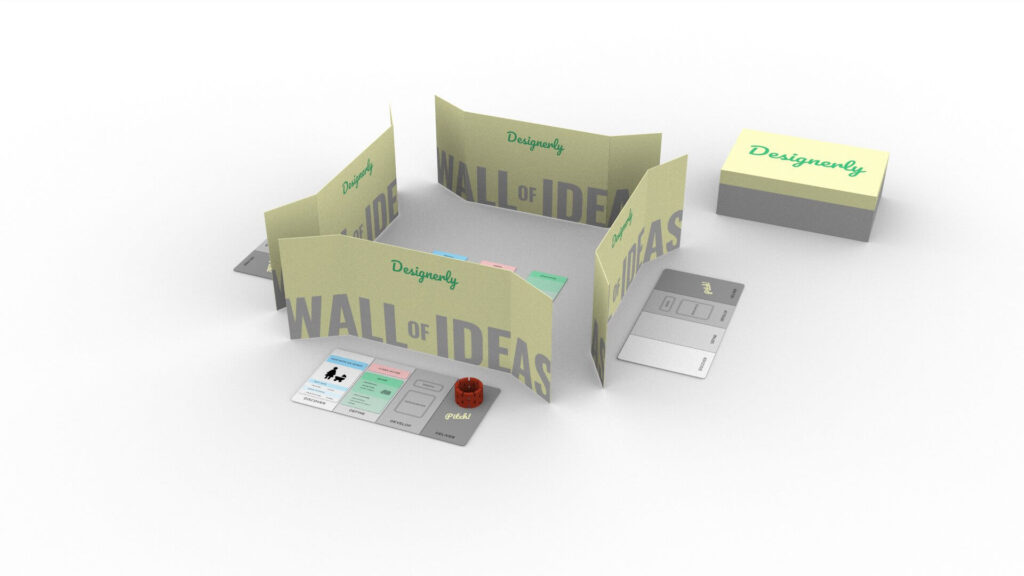
Motiv-Aid
How might we customize a walker based on the needs experienced by a user with infantile spasm, thereby reducing the effort from their caregivers and training them to be independent?
This project provided a unique opportunity to design a customised walker for a 29-year-old user who relied on her caregivers for her daily activities. Motiv-Aid aimed to help our user take her daily walks with minimal support from her caregivers while also training her to gain more control over her interactions with the walker. A comprehensive extreme-user approach was used for this project to make the walker more user-friendly and inclusive of all her needs. My primary role in this project was to guide the design team through the design process and adapt my extreme-user framework to design an inclusive assistive device.
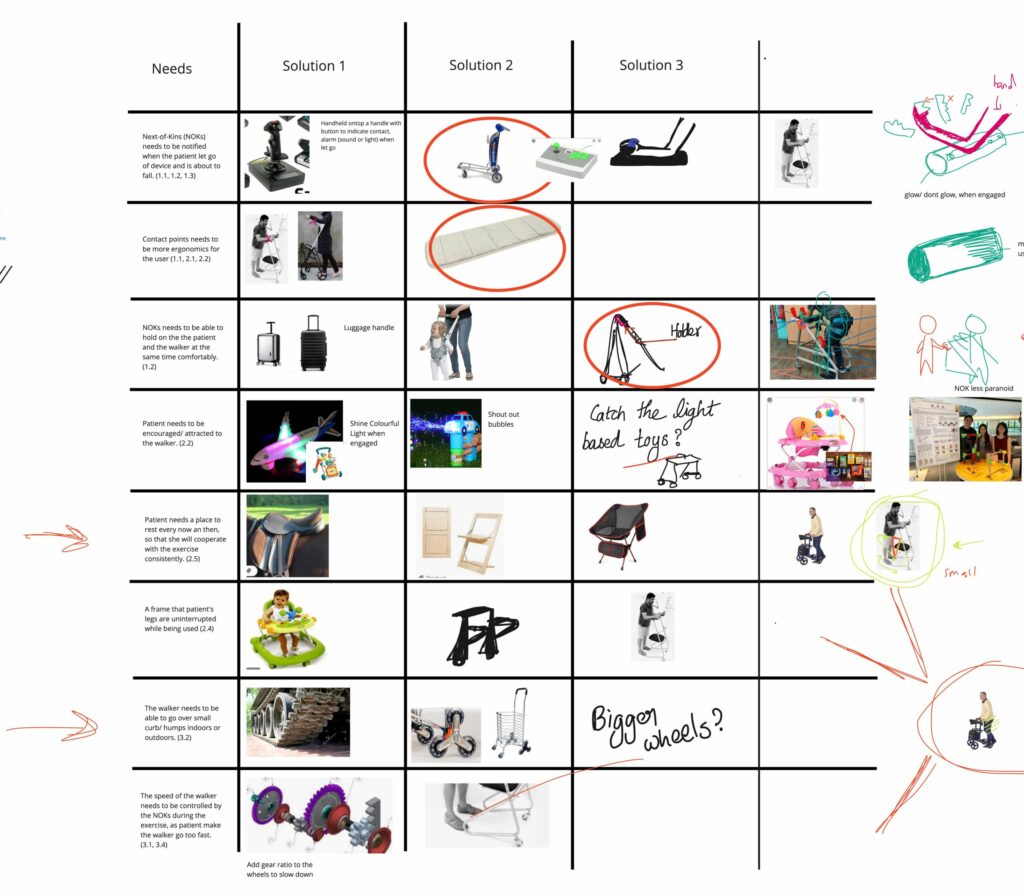
Project Nomad
How might we cater a smooth transition for a diverse group of users who shift from an assigned seating space to an unassigned space?
Project Nomad was a design project where a rapid response design process was adapted to meet the project requirements within a limited time frame. The project involved extensive user-need analysis, design, development, and fabrication of work kits that catered to the diverse needs of 326 employees who moved from an assigned to the unassigned seating arrangement. A leading investment firm in Singapore hired our Design Innovation (DI) Team at the SUTD-MIT International Design Center, and I was one of the two leads who drove this project.
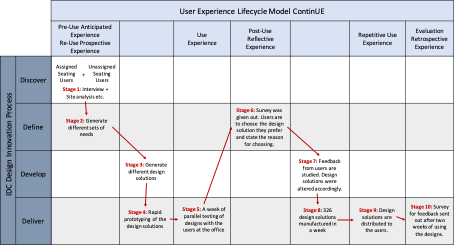
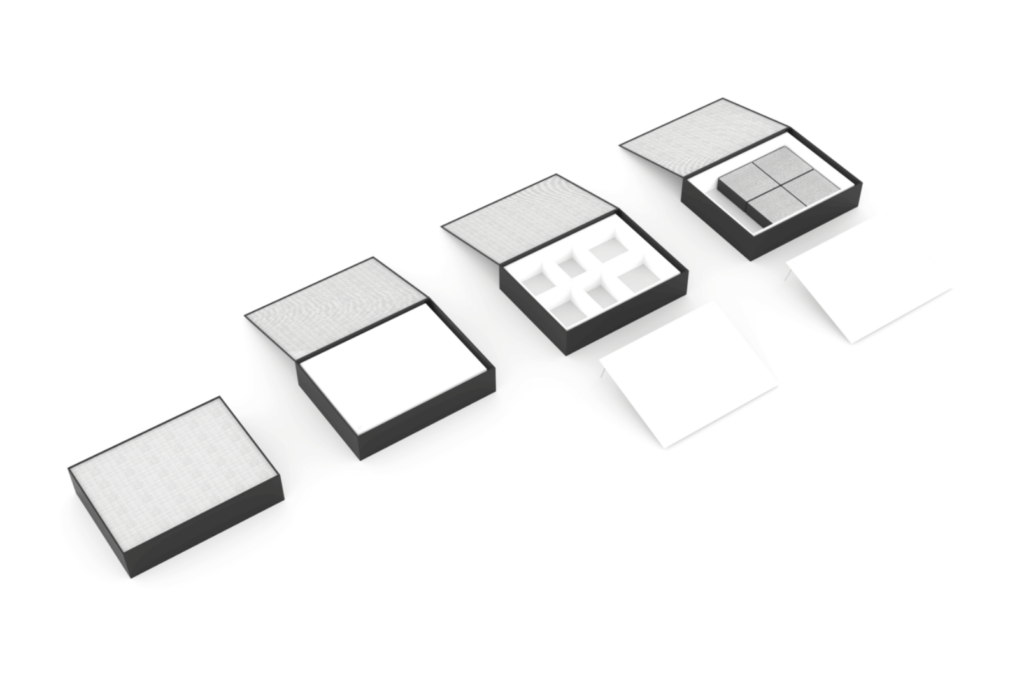
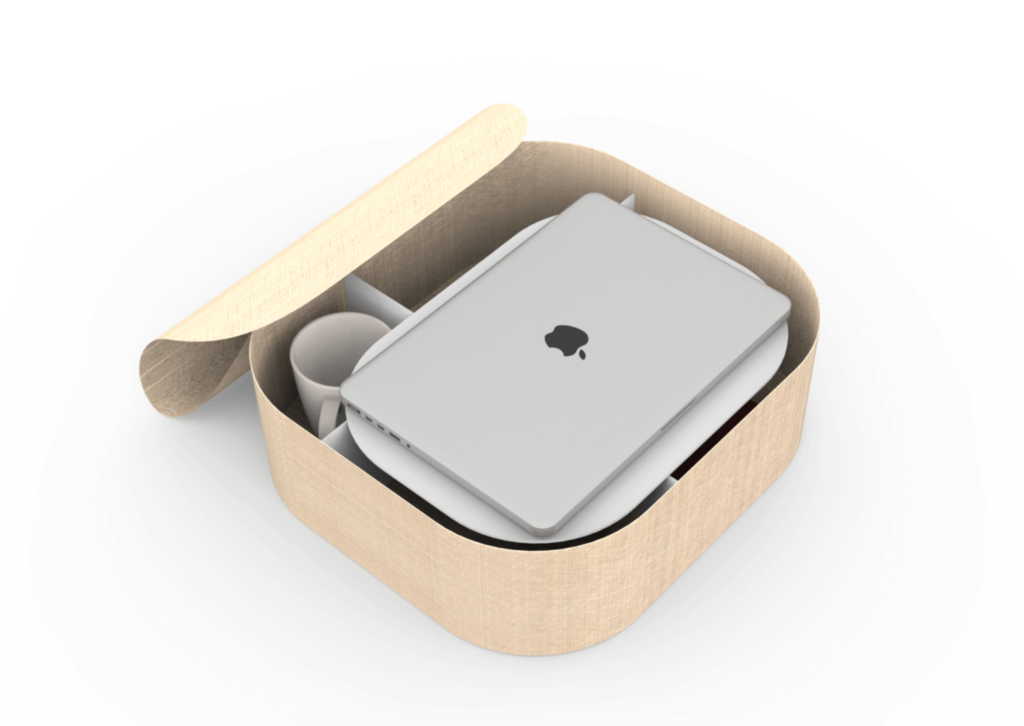
Publication:
Sng, K. H. E., Raviselvam, S., Anderson, D., Blessing, L., Camburn, B. A., & Wood, K. (2017). A design case study: Transferring design processes and prototyping principles into the industry for rapid response and user impact. In DS 87-1 Proceedings of the 21st International Conference on Engineering Design (ICED 17) Vol 1: Resource Sensitive Design, Design Research Applications, and Case Studies, Vancouver, Canada, 21-25.08. 2017 (pp. 349-358).
